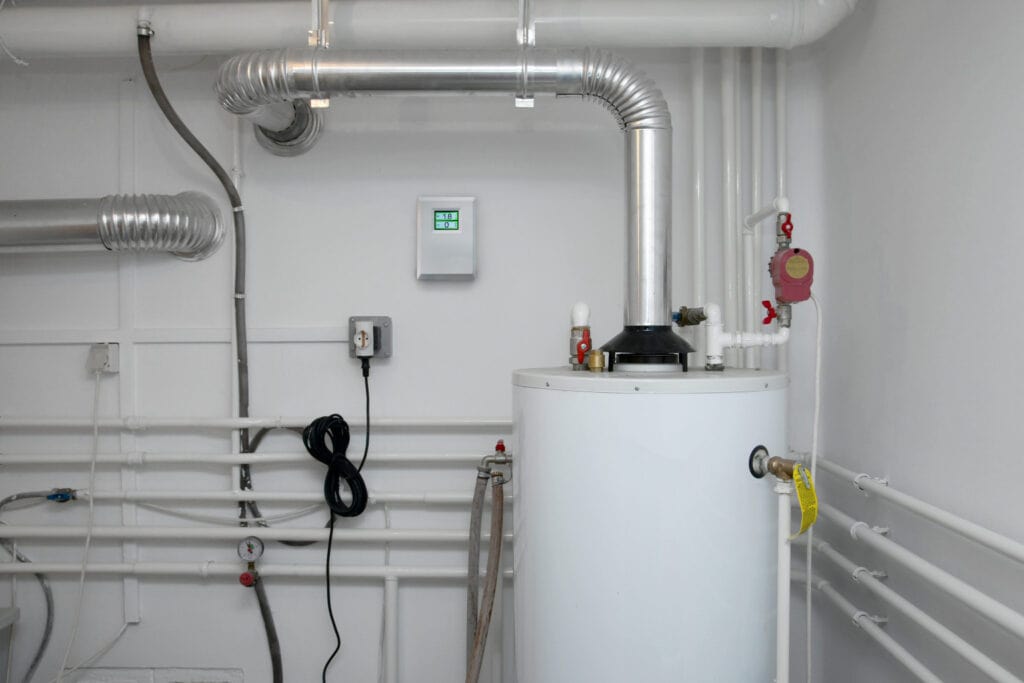A gas leak in your boiler is a serious matter that demands immediate attention. Natural gas, while a convenient energy source, can be extremely dangerous if not handled properly. A small leak can quickly escalate into a major hazard, posing a significant risk to your health and safety. This article will guide you through the potential dangers of a gas leak in boiler, how to identify it, and the crucial steps to take to ensure everyone’s safety.
This comprehensive guide will explore the common symptoms of a gas leak, delve into the potential hazards associated with this issue, and outline clear evacuation procedures. We’ll also discuss the importance of contacting qualified professionals for assistance and provide insights into the boiler repair process.
Gas Leak Symptoms
Recognizing the signs of a gas leak in boiler is crucial for prompt action. While not always obvious, several indicators can alert you to a potential problem:
- Rotten Egg Smell: Natural gas often has a distinct rotten egg odor added intentionally as a safety measure. If you detect this smell near your boiler or any gas appliances, it’s a clear sign of a leak.
Hissing Sounds: A hissing sound coming from your boiler or gas pipes indicates escaping gas. This noise can be subtle at first but may become louder as the leak worsens.
Dead Vegetation: If you notice unusually dead or wilting plants near your boiler, it could be a sign of a gas leak. Natural gas can suffocate plant life due to its displacement of oxygen.
- Bubbles in Water: If you see bubbles forming in standing water near your boiler or gas pipes, this indicates the presence of escaping gas.
Safety Hazards of a Gas Leak
A gas leak in boiler poses several serious safety hazards:
- Explosion Risk: Natural gas is highly flammable and can easily ignite, leading to a potentially devastating explosion.
Carbon Monoxide Poisoning: Incomplete combustion of natural gas produces carbon monoxide (CO), a colorless, odorless, and deadly gas. CO poisoning can lead to headaches, dizziness, nausea, and in severe cases, death.
Fire Hazard: A leaking gas line can ignite easily, causing a fire that can spread quickly and cause significant damage.
- Health Issues: Prolonged exposure to low levels of natural gas can irritate the respiratory system and cause headaches, fatigue, and nausea.
Evacuation Procedures
If you suspect a gas leak in boiler, immediate evacuation is crucial:
- Turn Off Gas Supply: If possible, locate your main gas valve and turn it off immediately. This will help to reduce the flow of gas into your home.
Leave the Premises: Exit your home quickly and calmly, ensuring all family members and pets are accounted for. Do not use any electrical switches or appliances as they could create a spark and ignite the gas.
Gather Outside: Once outside, move to a safe distance from your house, preferably upwind of the suspected leak.
- Call Emergency Services: Immediately call your local emergency services (911 in the United States) and report the suspected gas leak. Provide them with your address and any relevant details about the situation.
Contacting Professionals
After evacuating your home, it’s essential to contact qualified professionals:
- Gas Supplier: Notify your gas supplier immediately about the suspected leak. They will dispatch a technician to investigate and repair the issue.
- Plumber: A licensed plumber can also be contacted to assess the situation and make necessary repairs to your boiler system.
Boiler Repair
Once the immediate danger has been addressed, the next step is to have your boiler repaired by a qualified professional:
- Inspection: A technician will thoroughly inspect your boiler and gas lines to identify the source of the leak.
- Repair or Replacement: Depending on the severity of the damage, the technician may repair the faulty component or recommend replacing the entire boiler unit.
- Safety Checks: After repairs are completed, the technician will perform safety checks to ensure your boiler is functioning correctly and poses no further risk.
Conclusion
A gas leak in boiler is a serious matter that requires immediate attention. By understanding the symptoms, potential hazards, and proper evacuation procedures, you can protect yourself and your loved ones from harm. Always remember to contact qualified professionals for assistance in identifying and repairing gas leaks. Prioritizing safety and taking swift action can prevent potentially catastrophic consequences.



